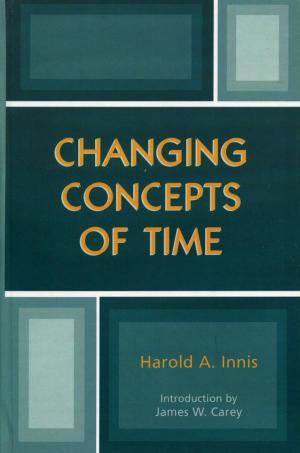North Korea in Transition
Politics, Economy, and Society
Nonfiction, Social & Cultural Studies, Political Science, International, Social Science, Sociology, Business & Finance, Economics| Author: | ISBN: | 9781442218130 | |
| Publisher: | Rowman & Littlefield Publishers | Publication: | October 5, 2012 |
| Imprint: | Rowman & Littlefield Publishers | Language: | English |
| Author: | |
| ISBN: | 9781442218130 |
| Publisher: | Rowman & Littlefield Publishers |
| Publication: | October 5, 2012 |
| Imprint: | Rowman & Littlefield Publishers |
| Language: | English |
Following the death of Kim Jong Il, North Korea has entered a period of profound transformation laden with uncertainty. This authoritative book brings together the world’s leading North Korea experts to analyze both the challenges and prospects the country is facing. Drawing on the contributors’ expertise across a range of disciplines, the book examines North Korea’s political, economic, social, and foreign policy concerns. Considering the implications for Pyongyang’s transition, it focuses especially on the transformation of ideology, the Worker’s Party of Korea, the military, effects of the Arab Spring, the emerging merchant class, cultural infiltration from the South, Western aid, and global economic integration. The contributors also assess the impact of North Korea’s new policies on China, South Korea, the United States, and the rest of the world. Comprehensive and deeply knowledgeable, their analysis is especially crucial given the power consolidation efforts of the new leadership underway in Pyongyang and the implications for both domestic and international politics.
Contributions by: Nicholas Anderson, Charles Armstrong, Bradley Babson, Victor Cha, Bruce Cumings, Nicholas Eberstadt, Ken Gause, David Kang, Andrei Lankov, Woo Young Lee, Liu Ming, Haksoon Paik, Kyung-Ae Park, Terence Roehrig, Jungmin Seo, and Scott Snyder.
Following the death of Kim Jong Il, North Korea has entered a period of profound transformation laden with uncertainty. This authoritative book brings together the world’s leading North Korea experts to analyze both the challenges and prospects the country is facing. Drawing on the contributors’ expertise across a range of disciplines, the book examines North Korea’s political, economic, social, and foreign policy concerns. Considering the implications for Pyongyang’s transition, it focuses especially on the transformation of ideology, the Worker’s Party of Korea, the military, effects of the Arab Spring, the emerging merchant class, cultural infiltration from the South, Western aid, and global economic integration. The contributors also assess the impact of North Korea’s new policies on China, South Korea, the United States, and the rest of the world. Comprehensive and deeply knowledgeable, their analysis is especially crucial given the power consolidation efforts of the new leadership underway in Pyongyang and the implications for both domestic and international politics.
Contributions by: Nicholas Anderson, Charles Armstrong, Bradley Babson, Victor Cha, Bruce Cumings, Nicholas Eberstadt, Ken Gause, David Kang, Andrei Lankov, Woo Young Lee, Liu Ming, Haksoon Paik, Kyung-Ae Park, Terence Roehrig, Jungmin Seo, and Scott Snyder.















